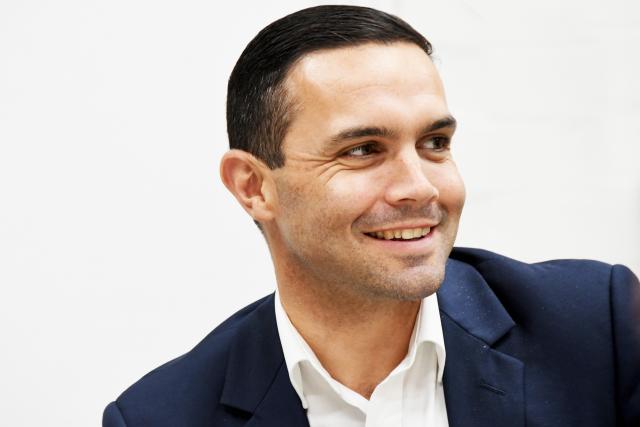
By Mikayla Van Loon
Casey MP Aaron Violi has announced he will be following many of his fellow Liberal party members in voting no at the Indigenous Voice to Parliament referendum (The Voice).
Basing his decision on conversations and surveys his electoral office conducted with residents in Casey, Mr Violi said he couldn’t in good conscience support The Voice in this form.
“I’ve deeply engaged with the community, I’ve also engaged with the Referendum Working Group and the government earlier this year including the Minister for Indigenous Australians wanting some clarity around how the local Indigenous community’s voice would be heard,” he said.
“The moment my concerns were crystallised was when I was speaking to an Indigenous leader in our community in Casey and he expressed the same concerns I had, that he hadn’t been consulted in the process.
“He was worried his voice wouldn’t be heard through a national voice, if it hadn’t been heard in the initial process.”
Mr Violi’s consultation returned a result of 39.8 per cent voting yes and 45.75 per cent voting no with 14.5 per cent yet to decide, with a community forum of 50 people returning equal results of those voting yes and no.
“We don’t know what the result will be on October 14 but lots of polling is showing that at this stage, the majority of Australians aren’t going to support it and one of the key reasons people are giving in the polling is the lack of details,” he said.
The referendum question asks just two things, to recognise Aboriginal and Torres Strait Islander people and to provide them an advisory voice to the parliament, which would be made up of a proposed 24 representatives.
Despite agreeing that it will be the role of the Federal Parliament to decide the key aspects of how The Voice would be implemented and act on behalf of First Nations people, Mr Violi is still calling for more details to be revealed.
“Ultimately, it’s asking the Australian people to have a vote and make a decision on two things, recognising First Nations people in the Constitution and also having The Voice to represent Indigenous Australians.
“The Parliament decides the details but we’re asking the Australian people to make a decision, and many people in the community are wanting that additional detail to make a decision.”
Instead of wanting The Voice enshrined in the constitution, Mr Violi said in his opinion legislative Voices “are a safer model”.
“The Prime Minister had an opportunity to legislate these voices last year. He could have already had these voices operational and making a difference and showing people how they would work and put forward constitutional recognition which would have passed with over 90 per cent support.”
Legislative Voices, however, wouldn’t necessarily be permanent, depending on the government of the day but Mr Violi said that seemed to work with Medicare and superannuation.
“It should be legislated first, tested and amended and move forward in that way because in my belief, that’s the safer model because once we change the constitution, it’s in there for perpetuity, and we don’t know in 50, 60 years time what our situation is.”
Federal Liberal party leader Peter Dutton has also come out and said he supports recognising Aboriginal and Torres Strait Islander people in the constitution but not The Voice, something Mr Violi is following.
“This is a position I’ve come to through engagement with the community, through engagement with Indigenous leaders, through working as part of the Coalition and I am a member of the Coalition,” Mr Violi said.
“It’s a combination of my personal opinion, the party position, and ultimately, what the local community has told me.”
Although putting forward his position, Mr Violi said at the end of the day he only has one vote and will not be “campaigning” for the no vote.
“I’m not actively campaigning because it’s not actually about politicians. It is about the people having their say and making their decision,” he said.
“I would encourage everyone to engage in this conversation respectfully. We’re all entitled to our own opinion but we’ve also got a responsibility to listen to other opinions and if we disagree with people, that’s okay.
“It’s really important that people have a respectful conversation and tone over the next three weeks and ultimately, we should be coming together as a nation at the moment.”






